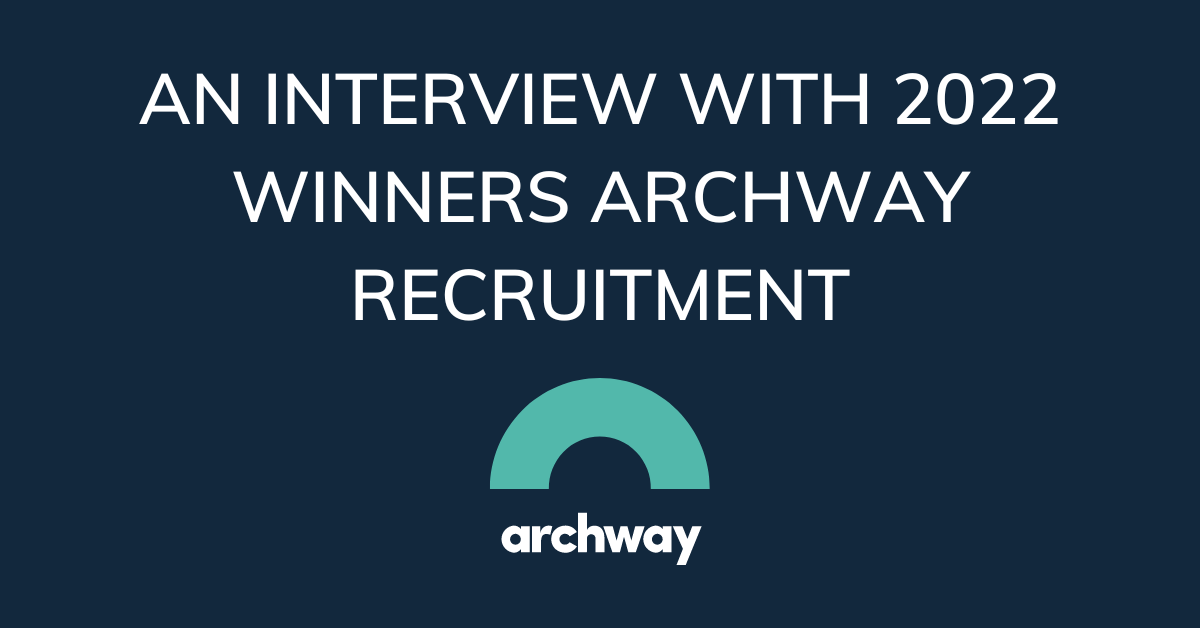If you don’t know what Sourcr is, here’s what we do in a sentence.
We allow those who deal with recruiters to rate their work.
Sound simple? Good. It is. Every successful placement a recruiter makes is a chance for feedback. And that’s something many recruiters forget to collect. Not only so it can make you better, but also help you bring in business.
In virtually every other industry under the sun, customer feedback forms a huge part of how a business sells itself.
You’ll see it for restaurants, hotels, pubs, mechanics, estate agents, chiropractors, cinemas and more. You’ll probably see ratings and feedback on the vast majority of the products and services you use daily.
Whether you use Yelp, Google or another alternative, the theory of using reviews for testimony won’t be alien to you. And so, this has been the fundamental idea behind Sourcr since inception.
And with the collection of this feedback comes some interesting insights.


For example, did you know?
Clients prefer recruiters with a slick back hair style over a mullet? Only joking. Could you imagine? We have far more useful information than that. And analysing it can tell you what your clients want more of.
If you’re able to leverage the trends in this article, you’ll be starting 2024 based on cold, hard data from successful, 5 star placements.
How it works
After every successful placement a recruiter makes, they can use Sourcr to send out a feedback form to the client.
The obvious part of this is that we’re only collecting data for successful placements. That’s pertinent because you know therefore the advice here is based on success. We’re not assuming the recruiter’s done a good job.
It’s inherent.
They placed the candidate, solved a problem for the client and to such a degree, the client was happy to give them positive public feedback on their performance. That makes the data robust and reliable and grounded in fact.
It’s also, in this case, not sector specific. That’s important, because there will be some recruitment activities which make good business sense, regardless of the industry they operate in.
The data represents a cross section of the hiring landscape from the last 12 months.
That means it’s up to date and worthwhile putting into practice. Whether you’re a recruiter yourself or employ recruiters.
The benchmark for ‘great’
Using the data from over 300 5 star reviews from the last few months, we can reveal exactly what makes the difference between satisfactory, good and great in the eyes of a recruitment client.
And remember, even the satisfactory responses got the job done. There’ll be some clients you’ve placed candidates with in the past who were happy. But didn’t come back to you with another role.
Why? You’d have to ask them.
But it’d be unlikely to happen if they gave you a 5 star review. Recruiters can get a bad rap on social media. You’ll never be too far from a LinkedIn post lambasting your very existence or pointing out the flaws with the job or the sector.
So a happy client, deeming your service 5 star, is highly likely to want to keep hold of you. Lest they have to go on to the open market shudder
Let’s look at the feedback.
The top 3 themes
In contract or temp recruitment, time to fill will be a crucial benchmark for success. Your client has a project to finish and being held up by hiring inefficiencies simply won’t do.
That’s why contract recruiters always pick up a ringing phone quicker than perm recruiters. You never know who’s calling and seconds count at the top.
In the medical industry, few clients will count ‘potential’ as a benchmark for success in the hires they make. But that could rank very highly in a creative industry. The below are concurrent across all sectors and all levels of career.


Responsiveness and efficiency
Turns out it’s not just recruitment into the music industry that appreciates good timing. Across the board, in the 300 reviews we looked at, 106 recruiters were praised for their quick response, efficiency, and effectiveness.
And remember in this case, the feedback’s delivered from the client’s perspective, which means efficiency could mean reducing the leg-work for them.
That might mean proactively booking interviews. Holding detailed assessments prior to sending profiles. Maintaining a positive personal brand which means the best candidates approach you, helping you maintain a consistent supply of great talent.
Whatever the yardstick, being efficient will never go out of fashion. Just like responding to questions and queries in a timely manner.
Here are two genuine quotes from recent clients on Sourcr:
“Mark’s very helpful, very responsive and quick to reply, gets back straight away with solutions or answers.”
“Rian provided clear updates throughout the process.”
Being left in the dark isn’t something people like paying money for. And based on the fact clients are the payers in the recruitment industry, cherishing, honing and developing the relationship you have with them, is probably wise advice.
So, the lesson?
Get back to clients on time. Be clear. Be concise. Don’t waste their time. Give them every possible chance to get on with their job, and make the hiring process as simplistic and straight-forward as you possibly can.
That’s a 5 star service.


Understanding client needs and expertise
One of the most common complaints recruiters get bashed with online is the fact some gain six months experience and add the word ‘expert’ to their LinkedIn profile.
Naturally, this can put clients off. Most can work out pretty quickly whether you know what you’re talking about. And whether you are indeed, an expert.
And this tallies with the responses we’ve had on Sourcr, analysing the best of best.
Taking a good brief is one thing. But actually understanding that brief is a different kettle of fish. You’ll often need to read between the lines. Make educated guesses. Take risks with profiles that push the boundaries of what they’ve asked for.
But your bread and butter as a recruiter should be fully understanding what your client actually wants and needs. And that goes beyond this hire. What’s their next project? Where do they want to be as a business in five years time? How can you help them with that?
What are you sharing with them from around the industry that makes using you as a recruiter worthy of their time and investment?
In the 300 recent reviews we analysed, 102 recruiters were commended for their understanding of client requirements and industry expertise.
You could argue this fits well with the feedback above. After all, the better you understand the brief you’ve just taken, the less time’s wasted by the client in talking through the basics.
You’ll also know where the industry’s headed.
And that makes a huge difference to future-proofing their business. You should be up to date with emerging talent and new trends on the horizon. Do you think they’re light in some areas? You have the best insight around in spotting this stuff. Offering it to them will set you apart.
Here are two genuine quotes from recent clients on Sourcr:
“Chris is an honest operator who knows the local industry extremely well.”
“Sharp & Carter team were given little time to act at the worst time of the year… we couldn’t be happier with the service, skill and final result.”
The lesson in this case?
Getting to know your client is paramount to doing a good job in supporting them and giving yourself the best chances of a 5 star job. The more you know the role, and the industry, the better you can see the good from the trees.
Spotting future trends and emerging skills where they might be short makes your benefit to them longer-term and heightens the chance of a longer lasting relationship.
That’s truly 5 star.
Quality candidates and cultural fit
The more you understand the culture and the brand behind your client, the better you’ll find people who fit, or indeed add to that business.
The greater you know the team and the way the manager works, the more seamless the new hire will find the transition to their new workplace.
That also decreases the chances of buyer’s remorse, and means long after the placement’s taken place, you’ll have a client hoping you can reproduce the goods.
People pay good money for good quality.
That’s why you’ll see higher fees at the top end of a job market than you do at the bottom. But providing quality isn’t anything to do with seniority. It’s about finding candidates who exemplify and amplify the talents of the client.
People talk about culture add as much as culture fit these days, and that’s an important differentiation to make with sending your clients quality. Those who fit in well with a client will be happy instantly and feel at home.
Those who help the client grow, and adapt, will make the business more agile and better for it. They’ll expand the horizon of the company and take your cooperation with them from hole filler, to true consultant and ally.
In the 300 recent reviews we analysed, 107 recruiters were acknowledged for consistently providing high-quality candidates.
Here are two genuine quotes from recent clients on Sourcr:
“Jess is simply amazing! Always very responsive and able to present great quality candidates.”
“Joshua has a great understanding of the industry and ensures he matches and vets the correct candidates to suit your business requirements.”
The final lesson:
Never scrimp on quality in your job as a recruiter.
Make your processes high quality and the candidates you send to the client will be top quality too.
There are chances to cut corners everywhere in recruitment. From analysing the data of 5 star reviews, it doesn’t seem like that’s a shortcut to success.
If you want to be a 5 star recruiter in 2024, your clients say the advice above is how you get there.
We harvest a LOT of data at Sourcr. We know what makes a recruitment process 5 star, because your clients tell us. So... we analysed it.








